March 30, 2017
Trump’s entry ban on refugees will increase human vulnerability and insecurity, VCU expert says
Share this story
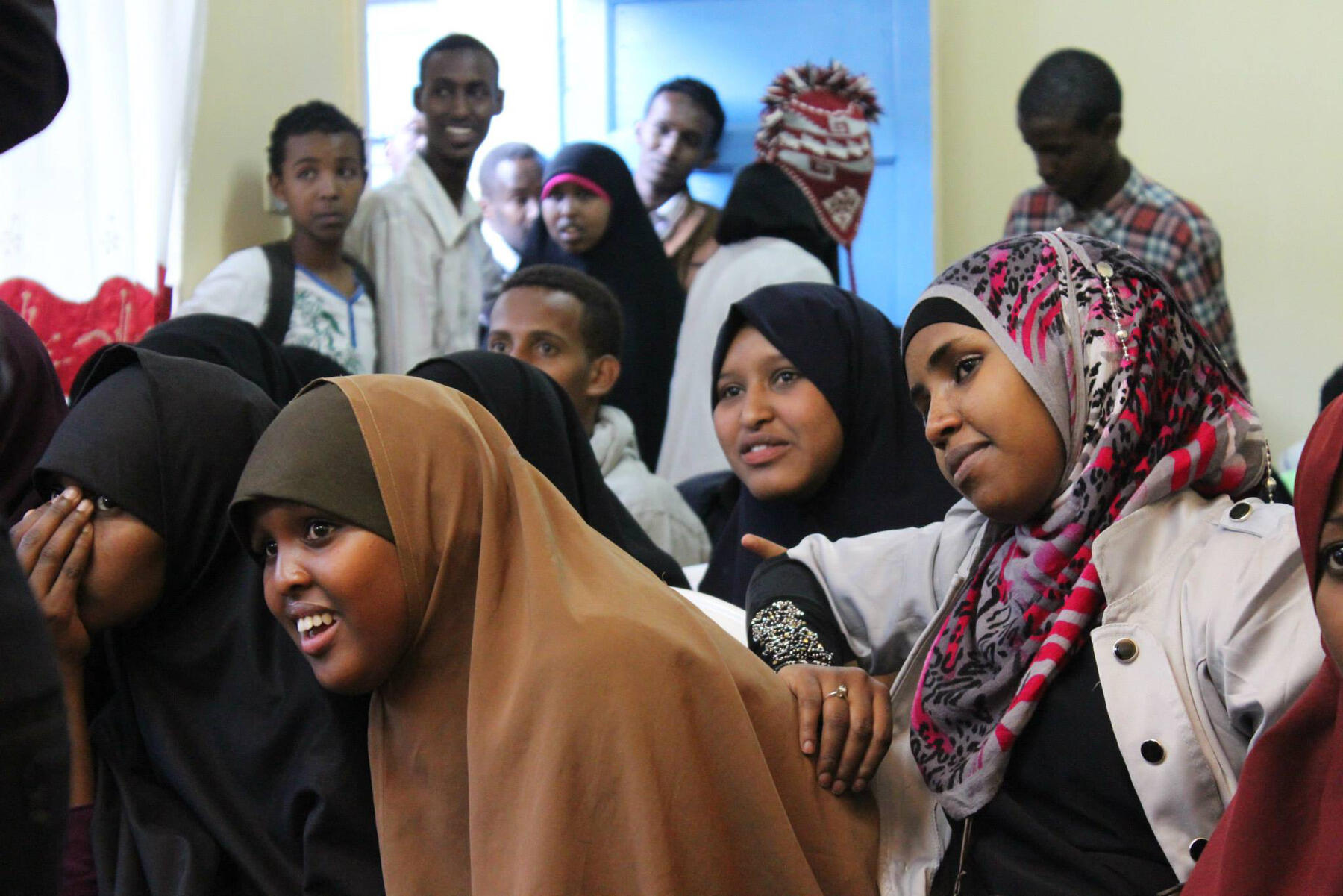
Photo by Hyojin Im.
In the wake of President Donald Trump’s travel ban — which blocks refugees from entering the United States for 120 days and halts the issuance of new visas to people from Iran, Sudan, Libya, Somalia and Syria — the plight of refugees fleeing war in places like Syria has come into renewed focus.
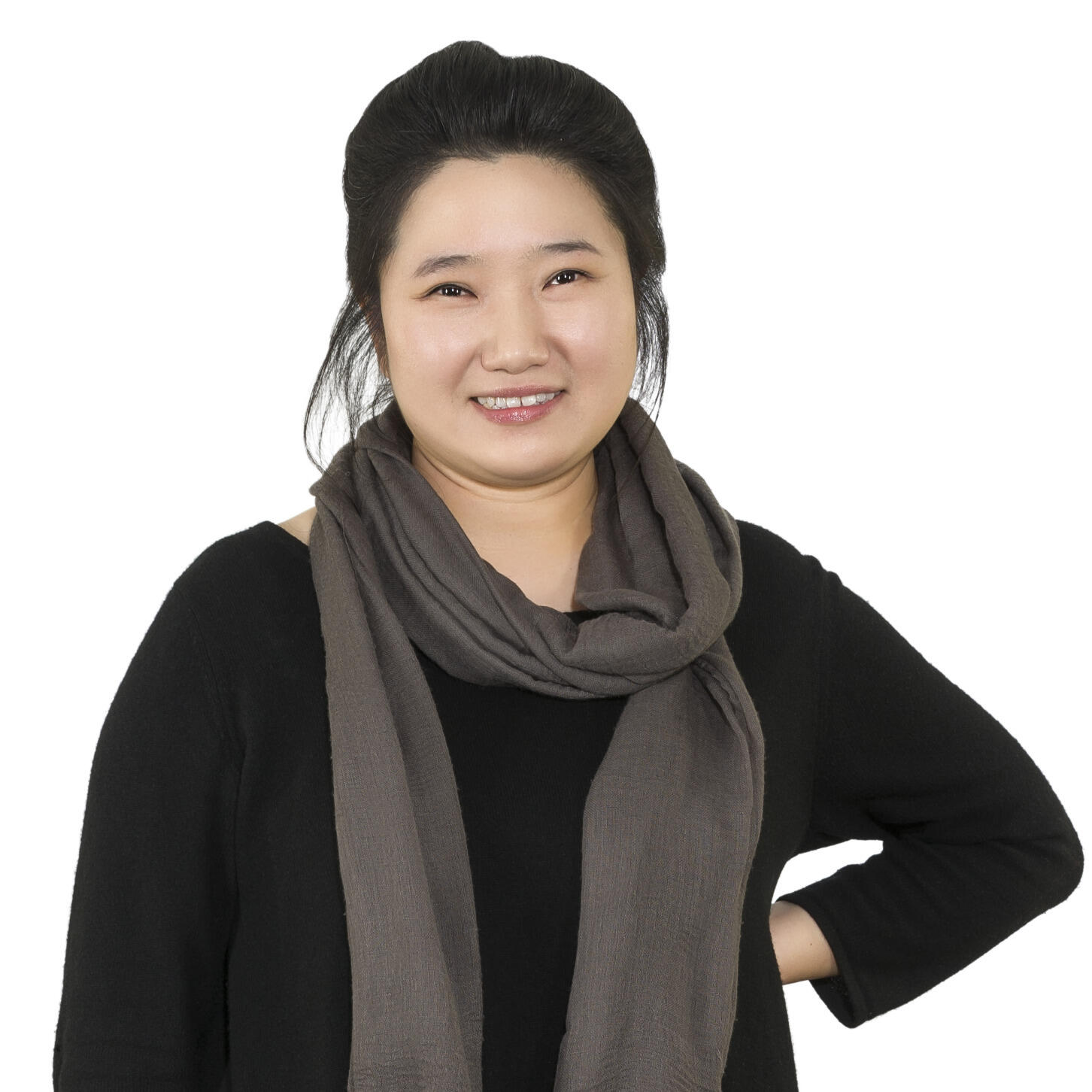
Hyojin Im, Ph.D., an assistant professor in the School of Social Work at Virginia Commonwealth University, is an expert on mental health services and refugee communities, having worked and conducted research in refugee communities both internationally and domestically.
Im discussed her research and the impact of Trump’s travel ban recently with VCU News.
As someone who has worked with refugees directly, what do you think has been missing from the debate over refugees and Trump’s order?
This executive order is cause for serious concerns for the refugee community, especially and immediately those who serve refugee populations — states, resettlement agencies, and ethnic-based/faith-based community organizations — and refugees who are waiting for family reunification.
Though important, these domestic concerns represent only one side of how the president’s executive actions will affect refugees.
The international effects of the refugee ban have been discussed much less fully. The current administration’s withdrawal from the global development plan and radical reduction of foreign aid, for example, may result in more serious impacts on refugees and international communities.
Internationally, the scope of our current refugee crisis is far beyond what the U. S. can resolve, and the country’s resistance to being a part of the international solution stands to exacerbate the problem. In fact, resettlement is one of the three durable solutions for refugee situations that less than 1 percent of refugees can get benefit from. The majority are displaced in low- and middle-income countries (i.e., 86 percent as per the United Nations High Commissioner for Refugees), where resources are limited and basic protection is not guaranteed.
The refugee crisis will continue and even get aggravated unless appropriate and effective humanitarian actions are taken to help displaced people around the globe. The international policy changes may undermine effective humanitarian responses and exacerbate human insecurity, provoking further forced migration of people in the affected areas.
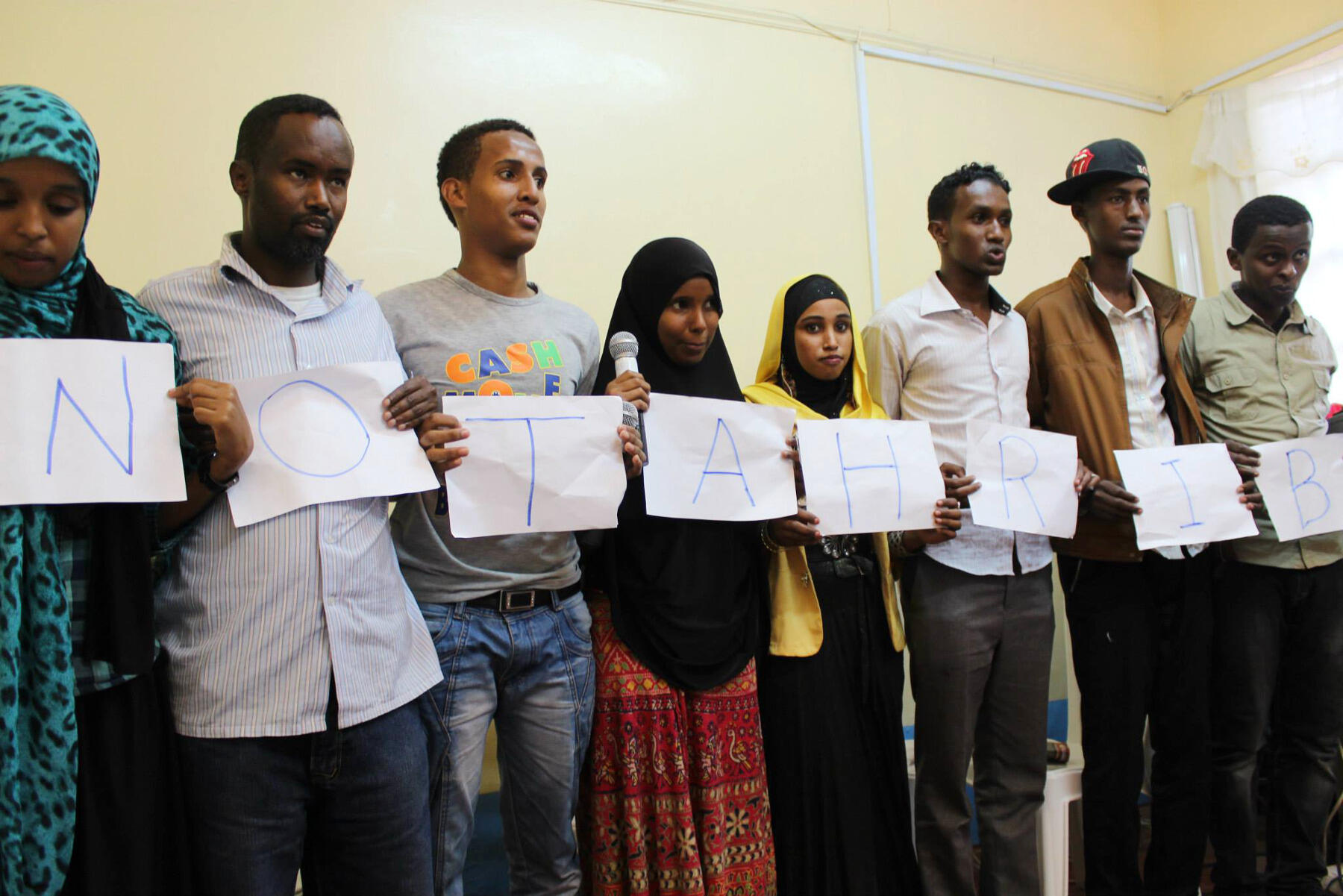
Photo by Hyojin Im.
You’ve done research in refugee camps in urban areas in places like Kenya and Malaysia. Can you tell me a little about your research on refugees’ mental health?
My international research has focused on developing and enhancing culturally responsive mental health interventions and psychosocial support for the refugee community in the most neglected communities.
I worked on capacity building and evaluation of mental health and peace education programs in Dadaab refugee camp, Kenya, the world’s largest refugee camp, hosting over 300,0000 currently (once having reached a half million residents). It was eye-opening when I found many refugees often leave or bypass the camps and go to urban areas, such as Nairobi, in order to find economic independence and educational opportunities. Despite seemingly considerable resources of the urban area, urban refugees face dual neglect, by the host government and by international entities, and live in fear of deportation or detainment, which results in the invisibility of this population.
To effectively work with the refugees in urban settings that face constant tensions between locals and refugees, it is critical to build capacity in both host (Kenya) and refugee (Somali) communities.
Supported by USAID, I started working with community leaders and key stakeholders in Nairobi to provide culturally and contextually relevant interventions that can sustain at group and community levels. My team developed and implemented a Trauma-Informed Psychoeducation program for vulnerable and high-risk Somali youth, who are exposed to community violence and police harassment on a daily basis. The training of trainer (TOT) and community-based participatory research (CBPR) approaches helped the psychoeducational intervention turn into various forms of social support groups grounded in the community, including a youth drama group and a media advocacy group promoting peace messages within and across communities.
Also, the multilateral collaboration and coordination among organizations is critical in filling the wide range of needs faced by refugees as mental health burdens cannot be tackled in silos. Rather, psychosocial needs, including education and livelihood, should be addressed in order to bring about effective treatment and care. In that matter, integrating mental health into primary care and other social services is a key to success for refugee mental health support. Separating mental health from physical or behavioral health or even psychosocial needs increases a barrier to treatment and provokes mental health stigma. Given the chronic paucity of mental health providers and facilities in low-resource settings, training paraprofessionals and empowering community leaders, including religious leaders and traditional healers, are crucial for cultural relevancy and sustainability of mental-health interventions.
Why is it important for us to better understand the mental-health challenges faced by refugees?
Because refugee mental health is a human rights issue. WHO noted that the prevalence of common mental disorders among refugees is as high as 50 percent due to tremendous trauma from war, social conflicts and various man-made disasters. Unprocessed trauma and untreated mental health concerns linger in the refugee community and cause health burdens to families and society. For instance, some studies show that close to 60 percent of Cambodian refugees experience PTSD and depression due to their premigration trauma, even two decades after resettlement in the U.S.
Refugee situations can and should be understood as an issue of collective trauma that affects the entire community, transmitted from generation to generation, which often results in weakened or broken social support systems.
Upon resettlement in the U.S., refugees continue to face a new set of stressors, such as acculturative stress, nativism, racism, discrimination, identity crisis (especially among youth), degradation of social status and roles, and inaccessibility to needed information and resources.
These numerous challenges tend to devastate refugee mental health and impede social adjustment and functioning of refugee families and communities. Such basic human rights as access to health care, education, employment, transportation, and other needed services are severely impeded by language and cultural barriers and mostly cultural insensitivity or incompetency of our social services.
How well do countries such as the United States take into account the mental health needs of refugees?
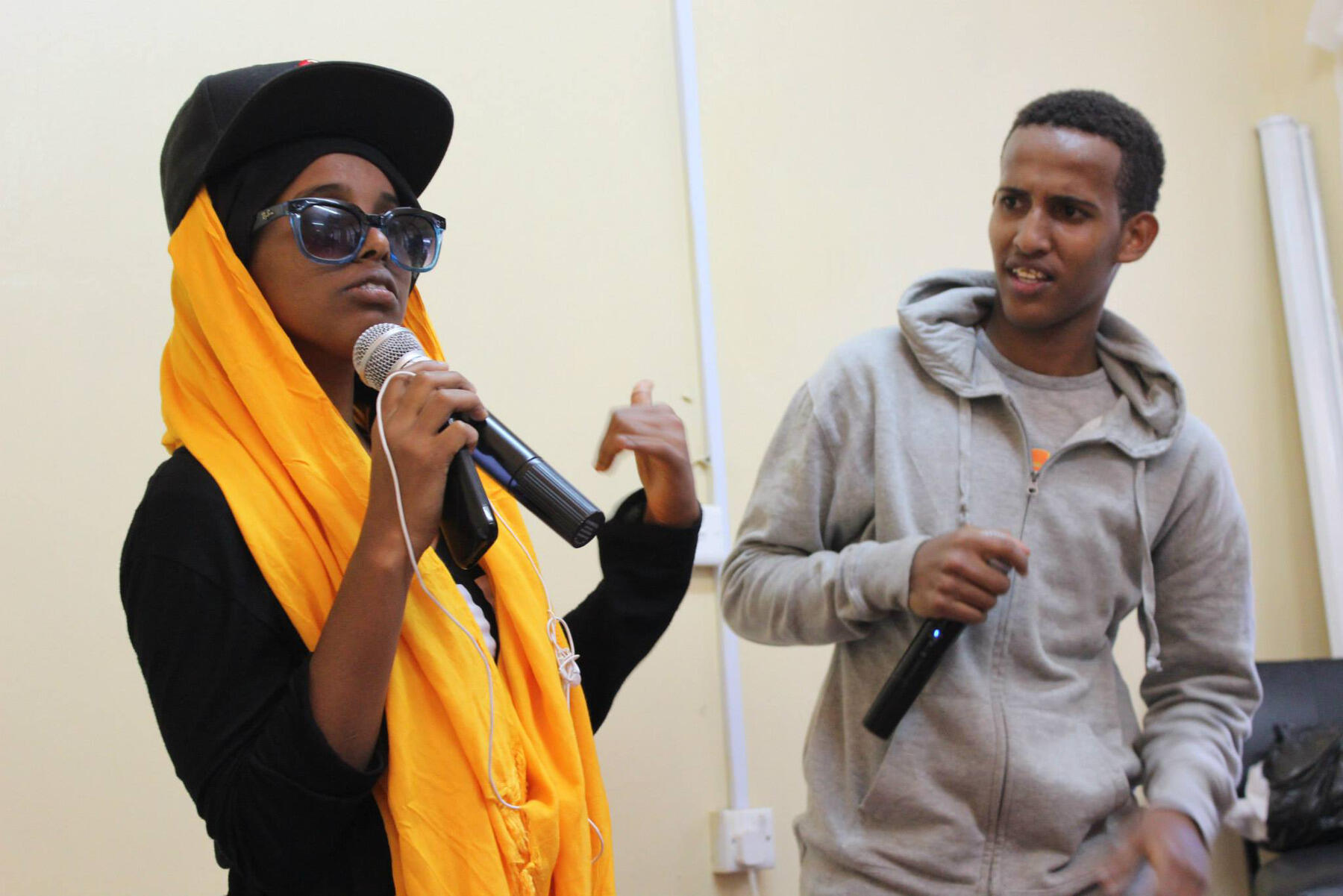
Photo by Hyojin Im.
It may vary across countries, states or settings, but the U.S. systems for refugee mental health has a long way to go. Refugees are mandated to go through medical screening twice: before departure from their host country and after arrival in the U.S. Mental health screening has been neglected or deprioritized, however, due to the absence of guidelines by the Office of Refugee Resettlement (the federal office to govern refugee programs) until 2012–13, when the Centers for Disease Control and Prevention reported a suicide epidemic in the Bhutanese refugee community.
Currently, many states, including Virginia, implement refugee mental health screening during refugee reception and placement, but participation rates remain very low due to language and cultural barriers and stigma, as well as lack of culturally competent providers and referrals.
The primary goal of the U.S. refugee resettlement programs, as per the Refugee Act of 1980 (the guiding policy of refugee program to date), is to help refugees’ “economic self-sufficiency as quickly as possible.” Programs guided by such a principle overemphasize early employment, which tend to drive refugees to low-wage jobs that may not be suitable for some refugees who used to be skillful professionals in the home country. Also, the unrealistically short time frame of refugee resettlement services, including only 30 to 90 days of case management and just eight months of Medicaid, for example, adds immense pressure and distress and increases emotional burdens to families and communities.
How important are the United States and its policies to the global state of refugees? What are the possible repercussions of major U.S. policy changes on refugee populations?
The U.S. accounts for almost half of the refugee resettlement programs in the world, hosting more refugees than the rest of the world combined (based on the most recent estimates, though this may change to reflect growing numbers of refugees to Western and Northern Europe).
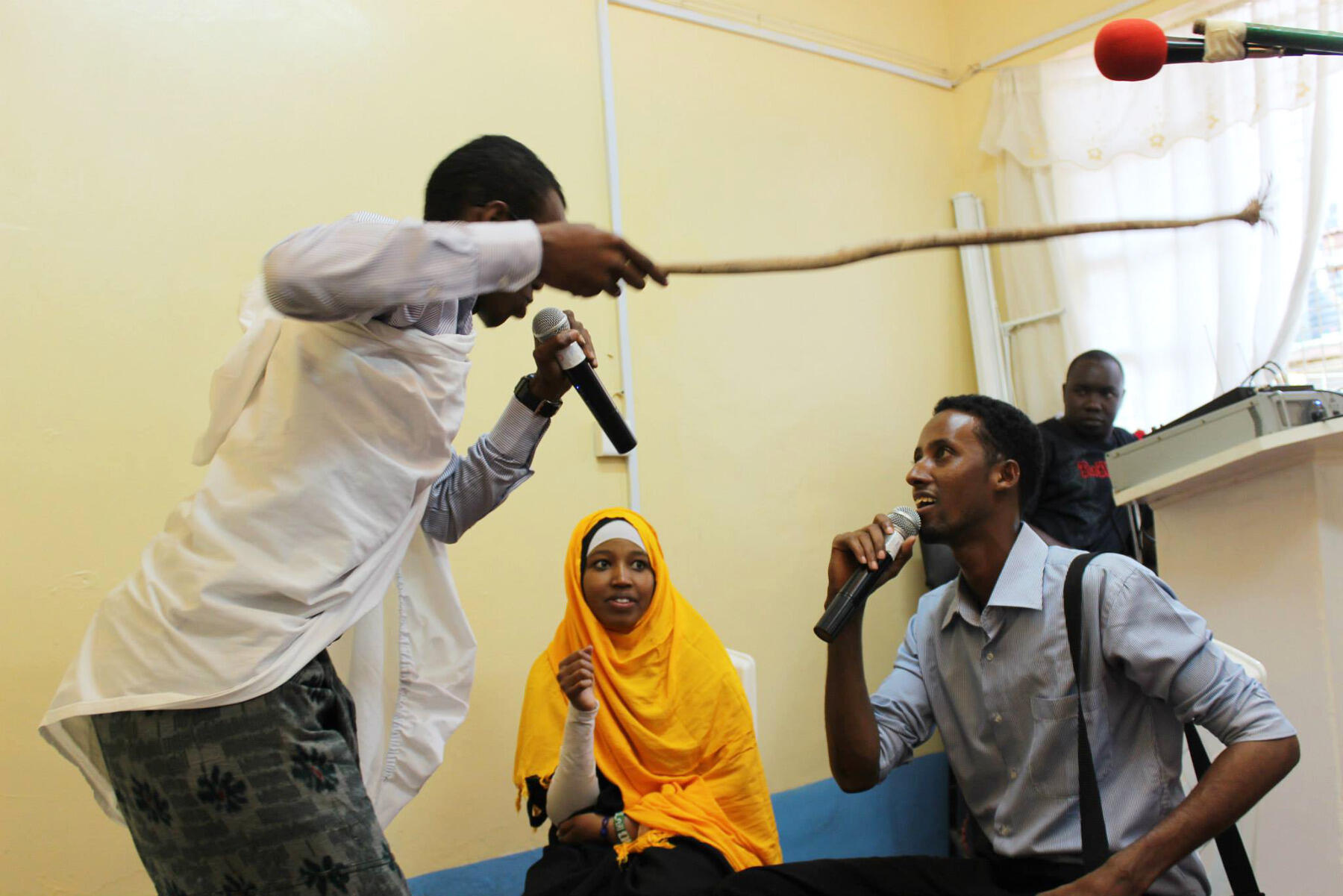
Photo by Hyojin Im.
The U.S. has been taking important roles in international humanitarian affairs, including the intervention for protracted refugees. The U.S. Department of State has been working to address protracted refugee situations, in which more than 25,000 refugees from the same nationality have been in exile for five or more years in a certain asylum country. Bhutanese refugees in Nepal, refugees from Burma in Thailand and Malaysia, and Somali refugees in Kenya are some of the examples.
Concentrated efforts to address such prolonged international situations have shown some success and as a result, refugees from Burma and Bhutan, in particular, have been the largest groups of refugee resettlement programs in the recent years. The current and prospective changes in U.S. policies, both foreign and domestic refugee programs, will substantially diminish international programs, ranging from emergency responses to global development goals, and therefore increase human vulnerability and insecurity.
Locally, you've worked with Reestablish Richmond and VCU’s Division of Community Engagement and the VCU Wellness Center to support the Richmond-area refugee population through gardening and other projects, right? Can you tell me more about that work?
My research purports to bridge gaps in refugee mental-health services and psychosocial support, providing a continuum of care that is informed by refugee trauma and cultural experiences. Since I joined VCU in 2013, I have been working closely with multiple local community partners, such as state agencies, resettlement agencies and various refugee communities.
As part of the Virginia Refugee Mental Health Initiative team, supported by three Virginia state departments (the Department of Health, the Department of Social Services and the Department of Behavioral Health and Developmental Services), I helped the community initiate the Refugee Healing and Wellness Partnership project, a series of programs to strengthen systems of care and refugee communities.
The state initiatives were guided by my multi-tiered intervention and service delivery model for refugee mental health, which emphasizes trauma-informed capacity building, culture-informed mental-health services, and integrated care.
I also developed a “training to intervention” model, consisting of, 1) trauma-informed, cross-cultural training on refugee mental health for providers and refugee leaders/interpreters; 2) community wellness workshops to promote healthy adjustment of newly resettled refugees; and 3) self-contained support groups in the community setting.
Establishing partnerships between service providers and refugee community members intends to promote collaboration for community healing and ease access to appropriate services to address common mental health concerns in the community.
This model also enables refugee community leaders to build multicultural competency and leadership, while organizing and mobilizing the community’s formal and informal resources.
The projects have been successfully implemented in Richmond and Charlottesville, while being disseminated to other localities in Virginia and elsewhere. Currently, I am trying to test the efficacy and feasibility of the intervention model with a more rigorous design, partnering with the International Rescue Committee and the Women’s Initiative in Charlottesville.
Do you see hope on the horizon for refugees?
It has been very frustrating time for those who care about refugee communities. But, also at the same time, it’s been very inspiring and encouraging to see the communities actively raising their voices and advocating for minority groups. Many students in my classes and at school who were not interested in refugee issues before have approached me, asking what they can do to help the refugee community. It is a time of uncertainty and strain for refugees, but in the meanwhile, it is a time for us to be more creative and innovative in serving the community. I think it is important to remain hopeful about the common values that we share as human beings, regardless of race, nationality, age, gender, political affiliation, and any other denominators.
Subscribe for free to the VCU News email newsletter at http://newsletter.news.vcu.edu/ and receive a selection of stories, videos, photos, news clips and event listings in your inbox every Monday and Thursday.
Subscribe to VCU News
Subscribe to VCU News at newsletter.vcu.edu and receive a selection of stories, videos, photos, news clips and event listings in your inbox.












